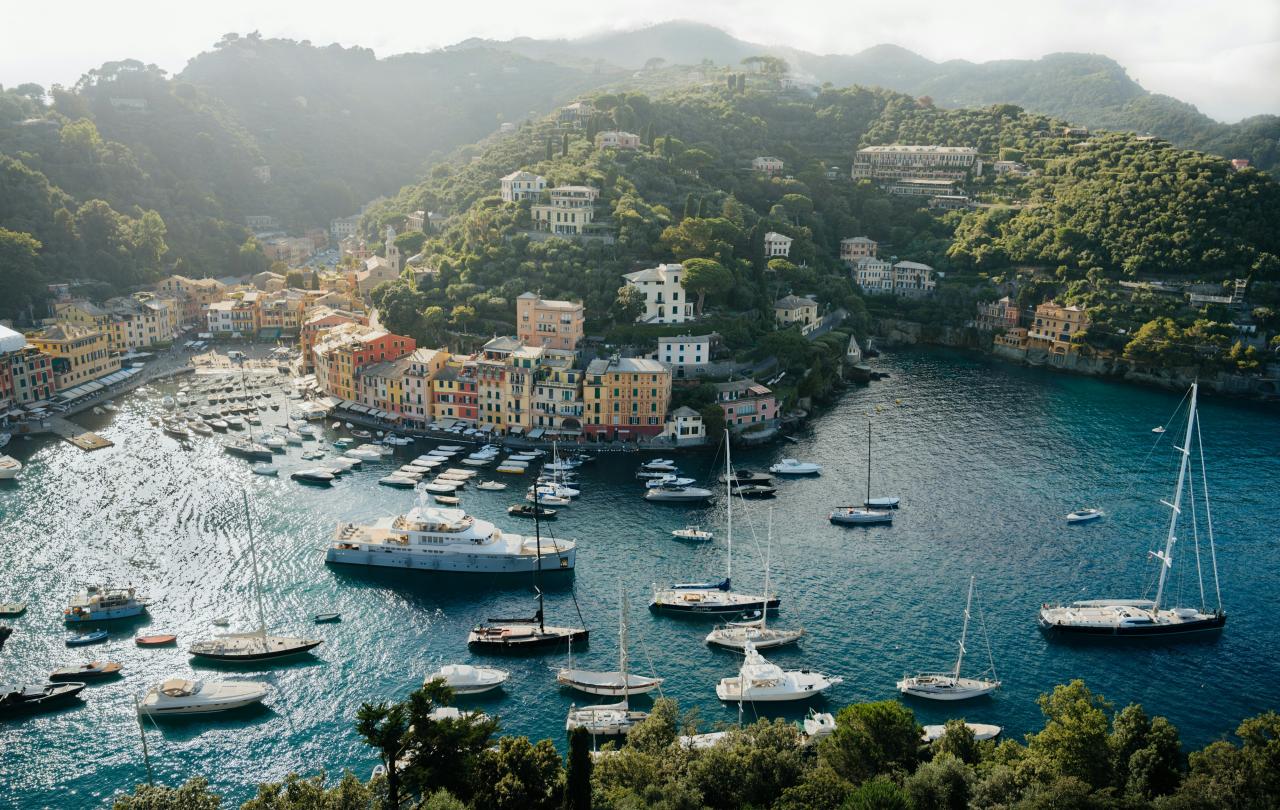
I asked a thoughtful Scouser and cinephile “What do you think of This City is Ours? – the crime drama TV series set in Liverpool. I wondered if he would hate all the talk of drugs, the power games, the violence and that the series about a global trade is located in our city.
“Well, it’s true.”
As a priest in Liverpool, I have taken the funerals of drug dealers and users, including one where the family quoted me Jesus’ saying, “Those who live by the sword will die by the sword.” I have known too many people caught up first in the heroin trade of the 1980s and then more recently with cocaine.
I agreed that the series is truthful, and on many levels. Those involved in the criminal world of illegal drugs are still people.
I remember Peter (not his real name) who I knew when he was a young lad in the youth club I helped with. He was sitting in our kitchen with a mug of tea. He had bruises all over his face because of a drugs debt he hadn’t paid. One of my daughters came in to get something out of the fridge, and Peter apologised to her for the state of his face, explained it was because of being involved in drugs, and advised her strongly against it. He then asked after her interests and what she enjoyed and was ‘made up’ – happy - when she spoke of liking art. My daughter never forgot that conversation. She learned that people in the drugs trade were still people and could be kind, and that the illegal drugs world was to be avoided. People are both made in the image of God, capable of love and concern, and also flawed and able to be drawn into a trade that affects people so badly across the world.
So, the eight episodes of the first series of This City Is Ours show that the global criminal world of illegal drugs is brutal, violent and full of jeopardy. There are chilling deaths, executions, and vengeance. All truthful to that world. There are power struggles and a vicious family succession battle too. But there are also scenes of the same family at the dinner table, of the longing for a baby with a girlfriend who is very much loved. One moment a character is a hard-hearted killer and the next moment a tender partner. That is so truthful to the different compartments that people can live in: someone can be a loving son who cares for their mother and a ruthless power-hungry toxic gangster.
The consequences of that unnecessary “necessary” action are tragic.
A further truth that I see at every funeral is the ripple effect on partners, siblings, parents, the wider family, and friends, and outward across the community. Every episode of the show features family members: some in the gang, some outside the gang, some wanting a cut of the lucrative proceeds, others desperate to get out from this dangerous, chilling world. What we do can massively affect others close to us. So often family and friends, and a community, must live with the consequences of actions taken in a criminal underworld they are often excluded from and fearful of. Even young children can be affected and dragged into a battle for power.
So, there are truths, but what about the lies? Here’s two stand outs:
“Are we safe?” “Yes, babe.”
We know they are not safe. Definitely not. There’s a target on your back, and often on the family’s back as well.
And the second:
“It was necessary”. Or “f***ing necessary”.
No, it wasn’t. He didn’t have to become engaged in a succession struggle for power, money, and control. He didn’t have to kill someone he looked up to, respected, even loved. The consequences of that unnecessary “necessary” action are tragic.
Then there is the third lie about loyalty and trust. That false sense of being in a gang that will look after you and look out for you, that will secure your future and give you a sense of being someone who counts. From early on, this series shows that people are expendable, can be shot and tossed over a cliff, and that person you looked up to may be an informant to the police. That is maybe how they have stayed out of prison.
A fourth lie the series so truthfully nails is the notion that it is easy to walk away once you have seen through the attractions of money, of Spanish villas, of designer gear, of fragile power. It very often isn’t. You may desperately want a worthwhile life that brings good not bad, peace not killings, a freedom from looking over your shoulder and from a troubled conscience. But there may be money demanded by your supplier, there may be enemies you have made along the way. I have known people successfully move away from it all but that has often only been after a spell in prison, and with a sound alternative - whether a job to keep, a daughter to look after, or a move away.
Wisdom is a much-valued quality throughout history. Five of the Bible’s 66 books are often called Wisdom books and Jesus called Christians to be “wise as serpents and innocent as doves.” This City is Ours is beautifully shot, expertly scripted, brilliantly acted, and it truthfully lifts the lid on the world of the drug-dealing criminal underworld and on some of the lies peddled in that world. And I did explain in the funeral service that when Jesus said “Those who live by the sword will die by the sword” he was not recommending that way of life but warning against it.





